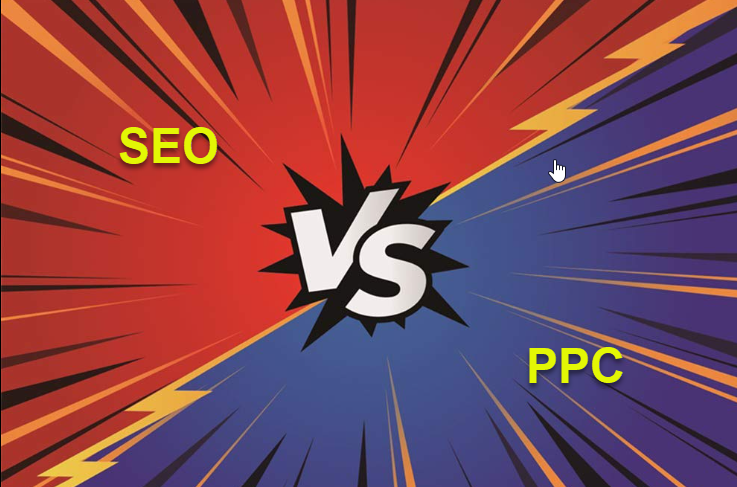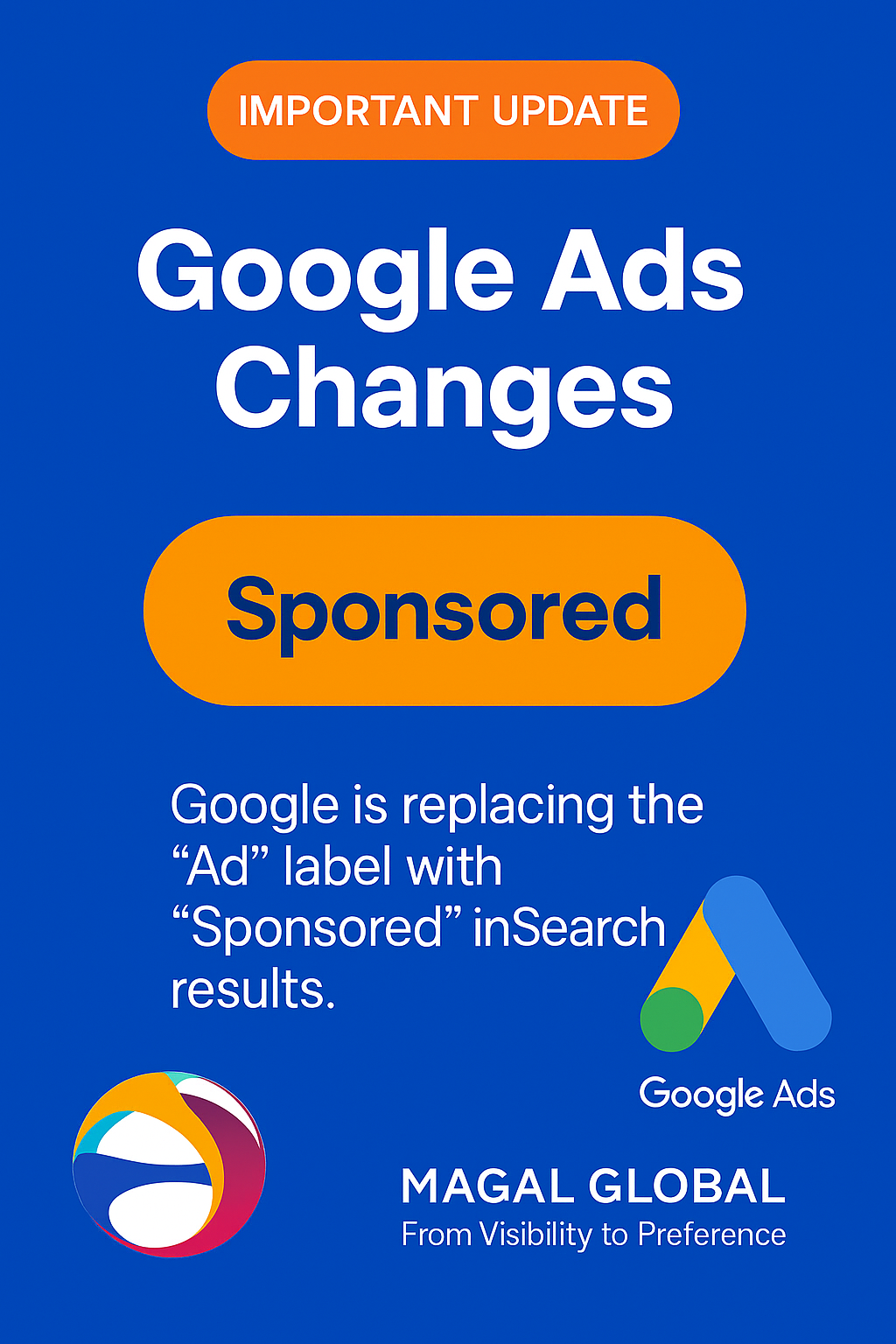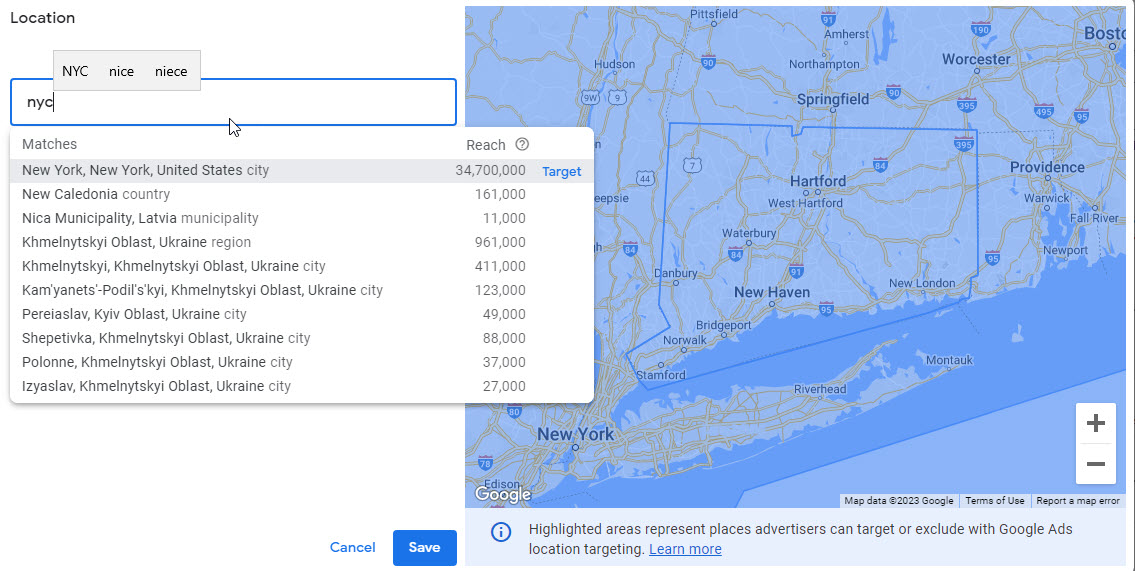During my time working for large companies, debates arose from time to time between the PPC and the SEO teams.
The classic example to such an argument are the brand name keywords (the name of the company).
On one hand, the SEO people will come and say: “Why do we bid on phrases that we are already in first place on the organic results?”
On the other hand, the PPC people will come and say: “The competitors use our brand name as an expression for their campaigns and if we are not there, the competitors will get clicks on search terms with the intention of reaching us.”
So the question that has been asked many times is whether SEO and PPC can work in harmony or do they compete with each other?
What do you think?
I always thought that these were 2 sides of the same coin and that they should work together.
My idea for them to work together was:
- If there is a phrase that is on the first page in the organic SERP, we should take it off the PPC.
- The PPC will take from the SEO team all the phrases that are not on the first page from the search console and promote them.
- The SEO will take the most successful phrases from the PPC campaigns and promote them organically.
The problem was that the PPC department didn’t want to give up their successes on certain expressions, even if they were on the first page on the organic results.
I will soon tell you what we did in the end, but you can already see that it is possible to live together, even if you get bonuses for successes and then, so to speak, compete with each other.
In the work between SEO and PPC – it is quite clear that in most cases the PPC accompanies the SEO and not the other way around.
The reason – SEO takes time and is subject to Google’s organic algorithm. PPC is instant and robust to conduct experiments as we want.
It’s different when you only do PPC and want to be able to get maximum results in a minimum budget.
When they work together – if there is a phrase that appears in one of the first three places in the organic, you can allocate the budget from this phrase to a phrase the business does not appear on .
Let’s analyze for a moment the advantages and disadvantages of working between the two:
What are the cons and pros of working on both channels together?
- The first con is in the competition for phrases on the first page – if we have a phrase that ranks well organically on the first page of Google, should PPC stop bidding on it??
And the recommendation is to analyze the PPC success of the phrase, understand why it converts well and then promote it in SEO. once succeeds in SEO as defined, remove the phrase from the PPC.
Why? Because a business needs to be profitable and utilize its marketing resources for potential areas from which it does not yet see money. - Cost: The second con is that PPC might make our SEO content very expensive. If we run a PPC campaign for a content page we’re doing SEO for, and we start getting many clicks – we need to make sure we’re not spending PPC budget.
- Work: The third disadvantage is that both SEO and PPC require a lot of work. SEO requires writing and optimizing content and PPC requires a lot of testing and optimization throughout on a daily basis.
In PPC mistakes can be very costly, so the pressure dimension is also added.
The recommendation is that you make sure that only people who know what they are doing touch your campaigns (this rule is also true regarding yourself). - PPC can go out of context and waste budget – if you are promoting an organic page and decide to bring traffic to it from PPC as well (let’s say it converts well or you want to a/b test the page design to improve conversion) – it is very easy to accidentally bring traffic to irrelevant phrases and waste budget.
For example: you promote a “how to match the perfect outfit for every occasion” page. The purpose of the page – to start using a fashion simulator and then purchase clothes.
On Google Ads, due to an incorrect phrase definition, you get clicks on the phrase “perfect occasion”.
It is very important to be careful and define the expressions in exact as much as possible.
How to combine correctly?
Remember I promised to tell you what we decided to do where I worked?
So, regarding all the friction issues, we decided that:
- If there is a phrase that is in one of the first three places on the organic SERP, it is taken off the PPC.
- FOr brand keywords, we decided to continue the PPC. This step protects the brand and increases awareness.
- The PPC will take from the SEO team all the phrases that are not on the first page from the search console and will add them to the campaigns.
- The SEO will take the most successful phrases from the PPC campaigns and promote them organically.
Here you must follow-up and check the performance when a keyword arrives the first page on the organic SERP. Check which channel performs better. - For phrases there are argument about – the two channels are compared and the one that performs better remains while improving the other channel and re-test.
A few more tips on how to combine
- When you start doing SEO after the content is already there, send PPC traffic first to test the performance of the page. Especially in competitive fields, you don’t know if the content stands out compared to the competition.
- If you have content that is intended for a targeted audience (for example: couples who just got married) you can use PPC to test variations of the content. A simple A/B test on the “call to action” sentences, may increase the conversion rate.
- Take a page that you know it always brings organic traffic, download an Excel from Google Search Console with the phrases that bring it traffic and their positions.
Take all the phrases of the excel that are not on the first page and send sponsored traffic from these phrases.
If the performance is good, good expressions from the organic on the first page can be gradually added to the PPC (for example – only expressions that are on positions 8-10 for a start). - Use remarketing for content that has organic visits.
PPC can be much more than just to send sponsored traffic. You can always set it so that anyone who visited the website or a specific page – will start seeing your ads everywhere. From the surfer’s point of view, he does not understand that this is remarketing, he simply thinks you advertise everywhere and that is a powerful brand signal.
Summary
PPC and SEO can work in harmony. A key guideline is to use PPC to enhance existing content and not to replace it.
The methods described in this post worked great for me in international campaigns with high budgets, and they work great for me even today with clients who combine SEO and PPC.
Combine and enjoy. Good luck 









